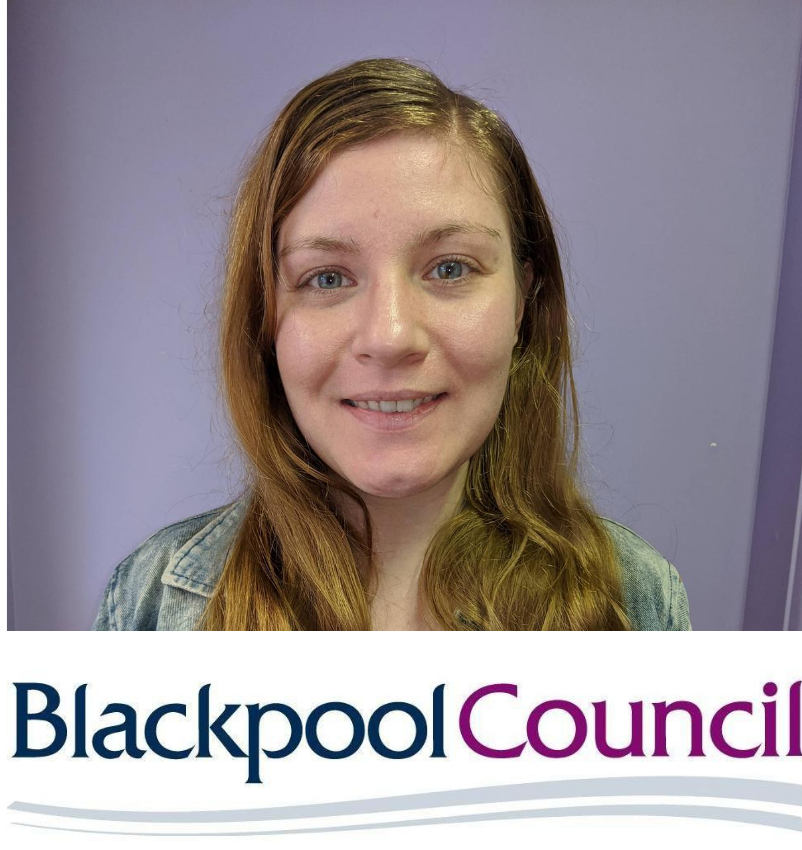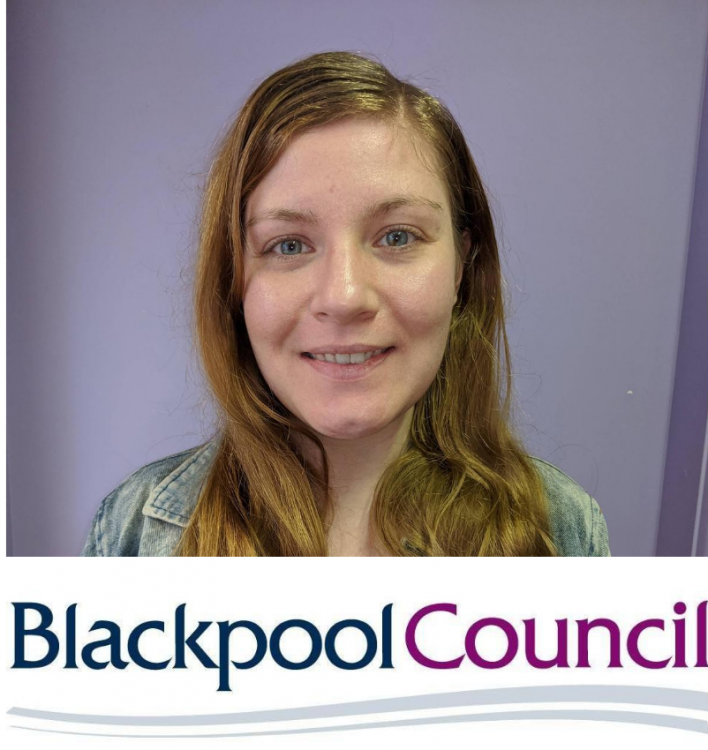Q1. How can effective reporting, MEL of charitable projects lead to tangible changes in policy/attitudes/behaviour?
In Blackpool we merge our data with what is already held by the local authority so a lot of the way we designed what needed to be recorded and then reported on was designed specifically to fill gaps in knowledge that current existing systems were not built to capture. We find that adding into this pool has really helped shift attitudes from senior stakeholders. The data we record allows the qualitative responses to have a platform too, not just the numbers, and this more holistic approach to recording changes that has not only helped get buy in and understanding of complex issues facing children, families and communities but also has helped practitioners to better understand the value of collecting and using data to develop their practice and project work.
Q2. When designing a reporting framework, should it be top to bottom or bottom to top?
I think bottom up works best, but you do need to work closely with people who collect routine data within larger systems, e.g. NHS in order to be able to add into that larger data pool most effectively.
Q3. It is fairly straightforward to report on quantitative data, but it is a lot more complex to report by qualitative data and outcomes? What are your thoughts about that?
Yes, the numbers are easy to pull and report and the qualitative work takes more time, but we’ve found that stakeholders we work with really prefer using and recoding on the qualitative side of their work and are willing to spend the time to input in detail and then in the future go back and use it to unpick what the numbers are saying.
Q4. What are the challenges for charities trying to 'go digital' - moving from paper to online (for example)
One challenge has been getting enough technology in a classroom setting to be able to survey 30 young people at once. We relied on paper surveys and inputting ourselves because this amount of IT equipment isn’t available in most primary schools. Development of a mobile phone app would possibly help alleviate some of this workload.
Another challenge is using a suitable data spine to be able to link data to other systems, such as national insurance numbers. It would be good if there was a feature that set and then checked each field had the correct number of alphanumeric characters, this would help reduce inputting error.
Surveys are a really good way to capture information in a way that eases workload on practitioners/ workers, and it allows people to take some ownership of their responses and feedback too. Sometimes working with families and children who need support, the idea of things being recorded digitally in real time, i.e during our work with them may not be the best way to build a trusting relationship, recording notes after a session has finished is a way around this, but this has an impact on workloads and capacity for staff to work with more people. It also has inherent bias; it’s recorded from the charity/ workers perspective and then the survey responses are tacked on as additional evidence rather than as part of the joined up recording process - again a mobile app might help with this barrier.

